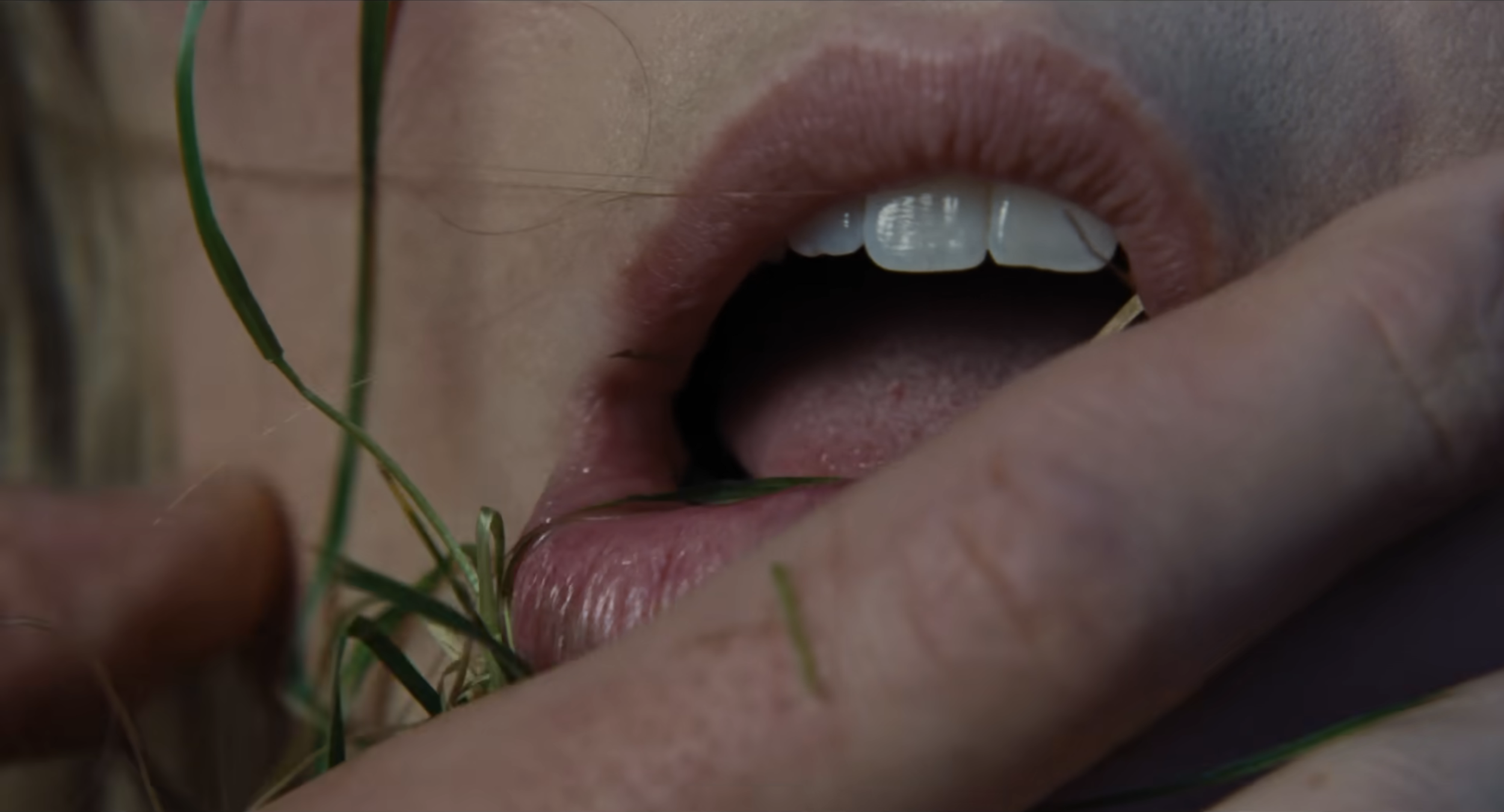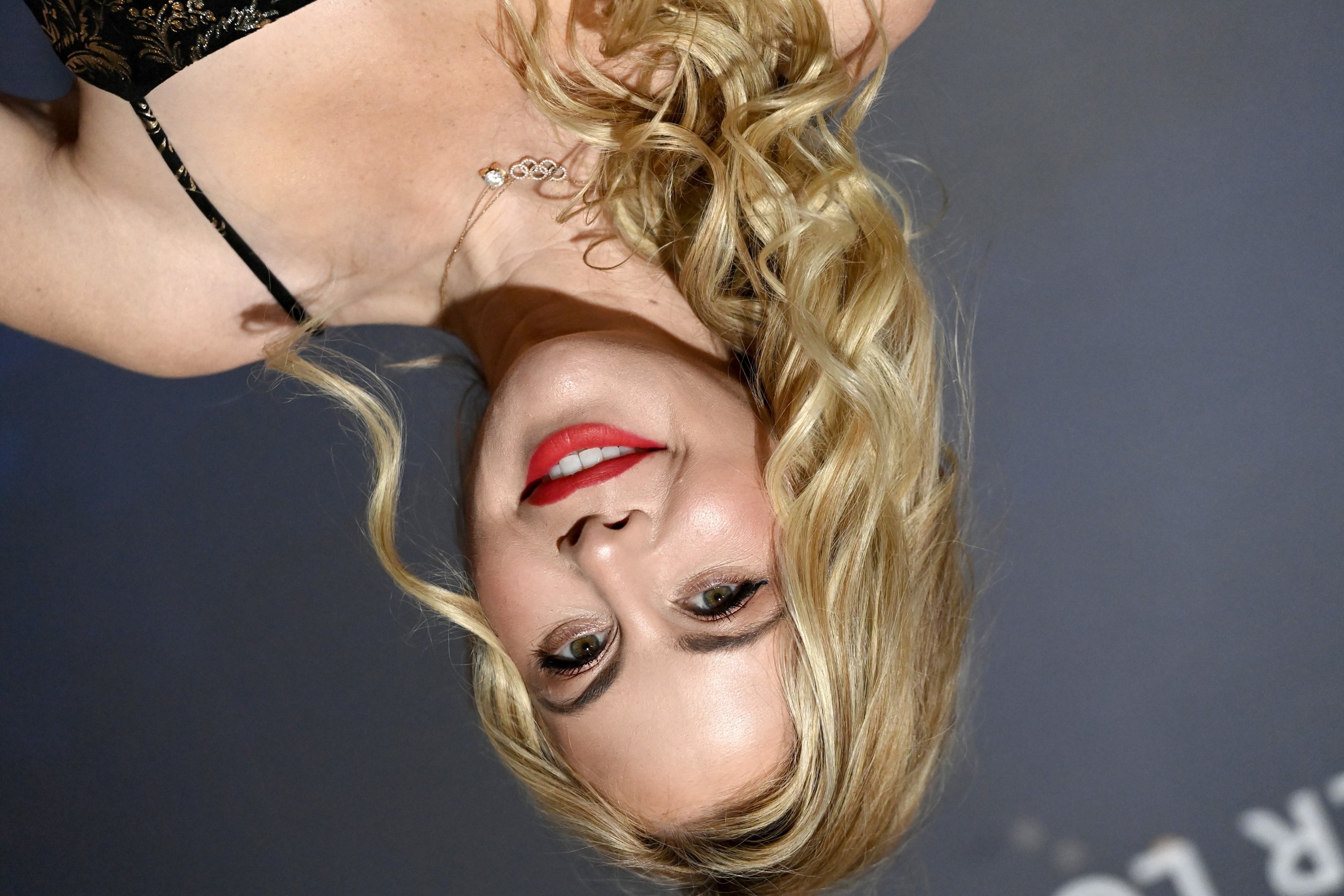The University of Utah announced on Thursday that it and the state of Utah have reached a financial settlement with the family of Lauren McCluskey, a 21-year-old track and field athlete who in 2018 was shot dead by a man she had recently dumped. The university, in announcing the settlement, apologized for the many institutional failures that happened leading up to McCluskey's murder: For weeks before her murder, McCluskey, her family, and her friends had been reaching out to campus housing officials, campus police, and even Salt Lake City police asking for help. Those pleas for help went largely unheeded—including by one police officer who, when given photos of McCluskey as evidence of her being extorted, saved them to his personal phone and then showed them to other officers—leaving behind a damning trail of documents and 911 calls, which emerged after her death.
McCluskey's parents, Jill and Matthew McCluskey, sued the university and the state, resulting in the settlement. The settlement agreement begins with this: "The University of Utah acknowledges that the murder of Lauren McCluskey was a brutal, senseless, and preventable tragedy and acknowledges the unspeakable loss the McCluskey family has suffered and continues to suffer."
That sentiment was echoed at a press conference held Thursday, the two-year anniversary of McCluskey's death, where university president Ruth Watkins said, "The university acknowledges and deeply regrets that it did not handle Lauren’s case as it should have and that, at the time, its employees failed to fully understand and respond appropriately to Lauren’s situation. As a result, we failed Lauren and her family."
The end result of the settlement is support for causes that were important to Lauren McCluskey when she was alive and resources that could have prevented her death. The university will donate $3 million to the Lauren McCluskey Foundation, which Jill and Matthew McCluskey started after their daughter's death to focus on campus safety, as well as financial support for track and field athletes and animal welfare. The university also agreed to pay the McCluskeys $10.5 million; at the press conference, the McCluskeys said that money also will go to the Lauren McCluskey Foundation.
The university also agreed to build an indoor track facility. That is supposed to be completed by Dec. 31, 2030 and "shall bear the name of Lauren McCluskey or jointly the name of Lauren McCluskey and the name of a major donor to the construction of the building," according to the agreement. If the university fails to raise enough money to build it, it will be required to make another donation of $3 million to the Lauren McCluskey Foundation. Lastly, the university agrees to name its new Center for Violence Prevention the McCluskey Center for Violence Prevention.
"The settlement is important for many reasons," Jill McCluskey said. "It addresses how Lauren died, but it also honors how she lived."
Later in the day, a memorial walk around the university's track was held in Lauren McCluskey's memory. The Salt Lake Tribune reported that the track had hurdles set up every few meters showing "posters with statistics about intimate partner violence."
The settlement, the press conference, and the walk were a meaningful and powerful statement, but they did not come out of the good graces of university and state leaders. They came after two years of tireless work by Jill and Matthew McCluskey pushing for answers in their daughter's death—they first said they were considering suing the university only after officials there stopped talking to them—and digging by reporters, most notably Courtney Tanner at the Salt Lake Tribune, into the staggering number of missed opportunities and official misconduct that happened leading up to McCluskey's murder. Even if everyone at the University of Utah genuinely means it when they say they will be better and this will not happen again, it's worth remembering, especially now during Domestic Violence Awareness Month, what it took to get here, to this moment, to this admission, and how many people who suffer or die due to intimate-partner violence will never get the same.
Perhaps Lauren McCluskey's memory will be a revolution or, at the very least, a step toward it. Her face will be forever frozen in amber, a permanent 21, as students and visitors over the coming years and decades see her name on buildings and on her foundation and ask who she was. She will not grow old, or get her first job after college, or stress out about her taxes, or get embarrassed when she still has to ask her parents for help. Instead, the story of her life will be the story of an unnecessary loss that, if leaders do what they say, will make the place where she died safer for all women.
You can read the full settlement agreement here.






